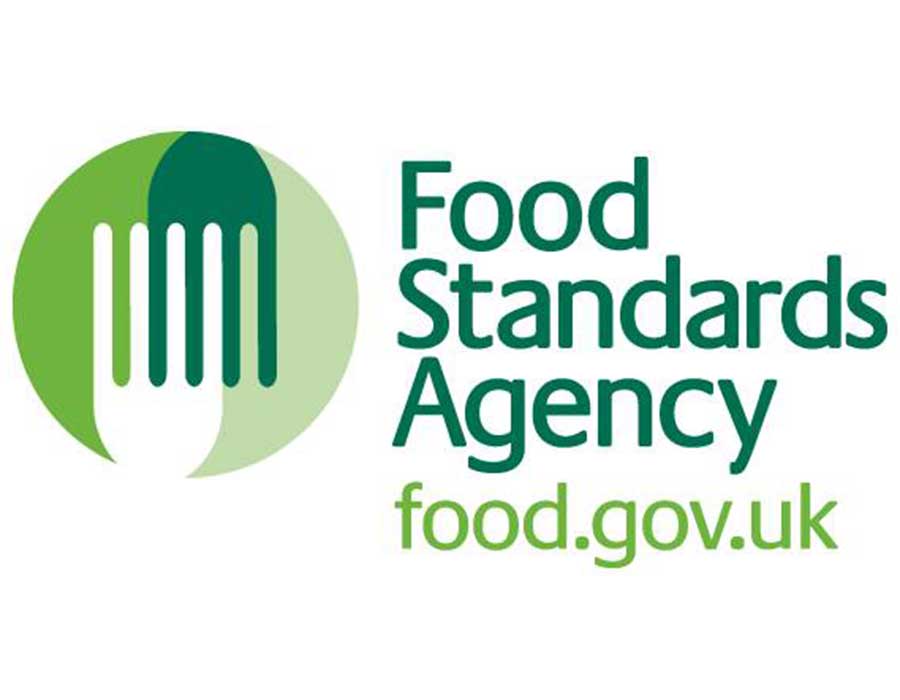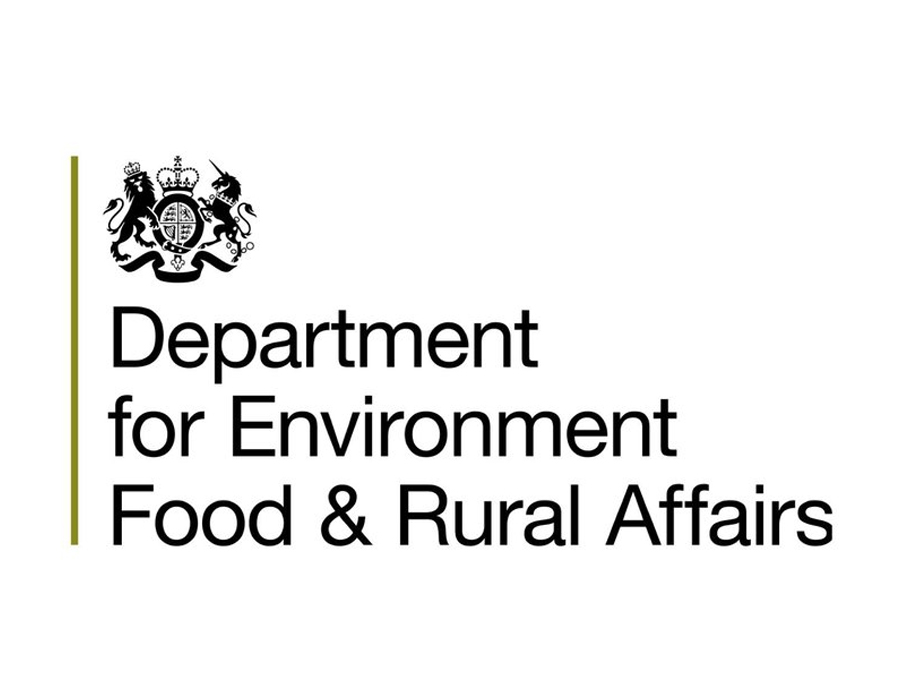With just under 1 week to go before new imports controls come into effect, Defra have provided the following information and useful links to help businesses check what to do to ensure they are compliant and avoid disruption:
New import controls have been introduced and further changes will come into effect from 30 April 2024.
From 30 April 2024 traders must:
- Ensure goods arrive through an appropriately designated Border Control Post (BCP) or Control Point (CP) for your commodity type
- If called, present the consignment for documentary, physical and identification inspections at the BCP or CP
These requirements will apply to EU and non-qualifying Northern Ireland Goods entering GB from the island of Ireland no earlier than 31 October 2024, with the precise date to be confirmed.
How can Defra help ensure you’re ready for 30 April?
Please take a few minutes to tell us how ready you are for the introduction of border checks and what we can do to support you in the two weeks leading to Go Live.
Respond to survey here
Border control posts and charges
We have recently published a list of operators that have applied for designation of a new border control post along with information about charges including the common user charge rates and how they will apply from 30 April.
Read our information on Border Control Posts (BCP’s) and charges for importing live animals, animal products, plants and plant products
Common User Charge rates – billing and invoices
We have updated our guidance on Common User Charge rates today on Gov.UK to include information on billing requirements and invoices. The guidance provides examples of how the common user charge will be calculated and further information on how to arrange payment of the charge by importers or their agents.
Import notifications and derogation requests
The requirement for IPAFFS prenotifications to be submitted one working day ahead of a consignment’s arrival in GB is an existing requirement for goods from the EU and non-qualifying Northern Ireland goods from the island of Ireland. Traders are strongly encouraged to submit their import notifications as early as possible to enable any issues to be resolved prior to their arrival.
From 30 April when controls at the border are introduced, importers should contact the nominated Port Health Authority (PHA) to request a derogation from 24 hours to reduce the pre-notification window to a minimum of 4 hours if, by exception, they are unable to meet this requirement.
Some PHA’s may be able to accommodate a reduction from 24 hours to a minimum of a 4-hour prenotification window but this will be considered on a case-by-case basis for each consignment. For plants and plant products for goods arriving by air and RoRo IPAFFS pre-notifications should be submitted 4 hours ahead of the goods arrival in GB. All other modes of transport must provide an IPAFFS pre-notification with one working day.
CHED import notification and customs declarations – a reminder
From 30 April, HMRC/Defra systems will cross-check the CHED import notification and customs declaration for each consignment of goods subject to SPS controls imported from EU countries.
This is already in place for non-EU countries. To avoid the consignment being directed to a BCP when it may not need to attend, the CHED import notification reference and commodity codes must be consistent between the notification and the customs declaration. Follow these steps:
- Submit the import notification using IPAFFS before your customs agent submits the customs declaration using Customs Declaration Service.
- Use the new Copy function to copy the CHED reference and customs Doc code in the correct format for the customs declaration.
- Send to your customs agent together with a PDF copy of the import notification. Ask them to double check the commodity codes are the same in the customs declaration. They should also check that there are no special characters in the description of goods field (Data Element 6/8).
- Work with your customs agent to fix any errors shown on CDS or IPAFFS before the consignment reaches the port of departure, to avoid it being directed to a BCP when it may not need to attend.
Importing compound and composite products
We have updated our information about compound products. Find out what compound products are, and how to import or move them from the EU and Northern Ireland to Great Britain.
For more information about composite products read our guidance Import composite products from the EU to Great Britain – GOV.UK (www.gov.uk)
You can also use our decision tree to find out if your product is a composite product.
Queries about your import from 30 April 2024
From 30 April any urgent BTOM/import queries for plants and plant products across England & Wales should be directed to the Animal & Plant Health Agency (APHA), by email, in the first instance: phsi-importers@apha.gov.uk
Alternatively, you can contact them by telephone: +44 (0) 3000 200 301
From 30 April any urgent BTOM/import queries for animal products should be directed to the Port Health Authority (PHA) at your nominated Border Control Post (BCP).
Find your PHA contact details at your nominated BCP on this map.
Read our summary of common errors.
Read our summary of common errors that have been identified through the documentary checks undertaken since the import controls were implemented on 31 January. Ensuring you do not repeat these common errors can help reduce the need to undergo in-person documentary checks at the border.
Additional resources:
Sign up for our final online information session at 10.00am on Tuesday 23 April to find out about the forthcoming changes for products of animal origin: BTOM: Prepare for import controls from 30 April ’24 (animal products) Tickets, Tue 23 Apr 2024 at 10:00 | Eventbrite
Visit our YouTube channel and watch recordings of our previous webinars for traders.
Read our guidance on how to comply with your legal responsibilities for:
Border TOM information:
Border Target Operating Model: The Border Target Operating Model: August 2023 – GOV.UK (www.gov.uk)
Defra BTOM information leaflets to help you prepare for the SPS controls:Border Target Operating Model: information leaflets for businesses – GOV.UK (www.gov.uk)
Join our fortnightly Business Readiness Forum (BRF) for updates on specific biosecurity, borders and trade related, cross-cutting and operational issues.
For joining details email:BBTP-BusinessReadinessForum@defra.gov.uk
Risk categories
Risk categories for non-EU imports: Check import risk categories and related rules for animals and animal products imported from non-EU countries to Great Britain, from 30 April 2024 – GOV.UK (www.gov.uk)
Risk categories for EU imports: Check import risk categories and related rules for animals and animal products imported from the EU to Great Britain, from 31 January 2024 – GOV.UK (www.gov.uk)
Import requirements:
Fish for direct human consumption and fishery products https://www.gov.uk/guidance/importing-or-moving-fish-to-the-uk
Live animals or animal products from non EU/EFTA countries: https://www.gov.uk/guidance/importing-live-animals-or-animal-products-from-non-eu-countries
Food and drink from the EU and Northern Ireland to Great Britain: https://www.gov.uk/guidance/import-or-move-food-and-drink-from-the-eu-and-northern-ireland-to-great-britain
Groupage
Groupage and mixed loads (animal products) https://www.gov.uk/guidance/import-groupage-or-mixed-load-consignments-of-animal-products-into-great-britain-from-2024
Transits
Transits and GB landbridge: https://www.gov.uk/guidance/transiting-animals-and-animal-products-through-great-britain#eu-to-great-britain-to-eu-transits
Common Health Entry Document Import notifications
Access IPAFFS on GOV UK: Import of products, animals, food and feed system (IPAFFS) – GOV.UK (www.gov.uk)
HMRC’s Goods Vehicle Movement Service
Register for the Goods Vehicle Movement Service – GOV.UK (www.gov.uk)
Check if you need to report for an inspection – Check if you need to report for an inspection – GOV.UK (tax.service.gov.uk)





















